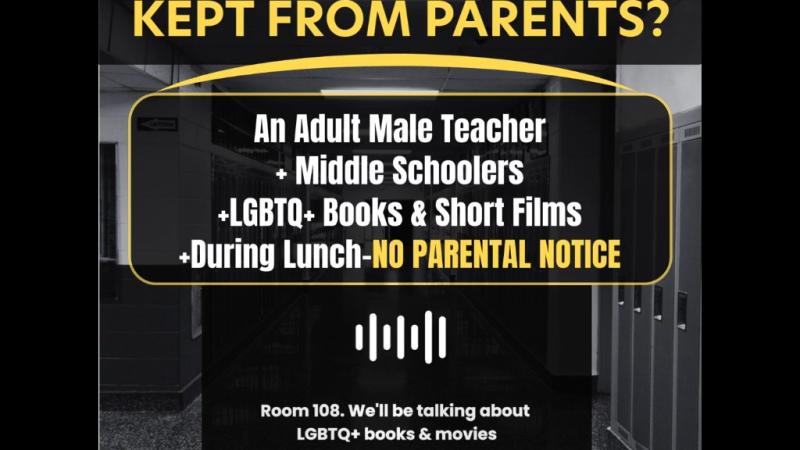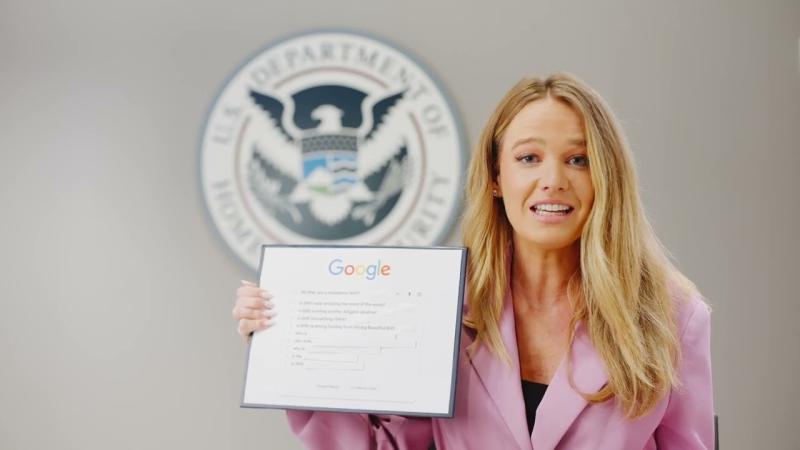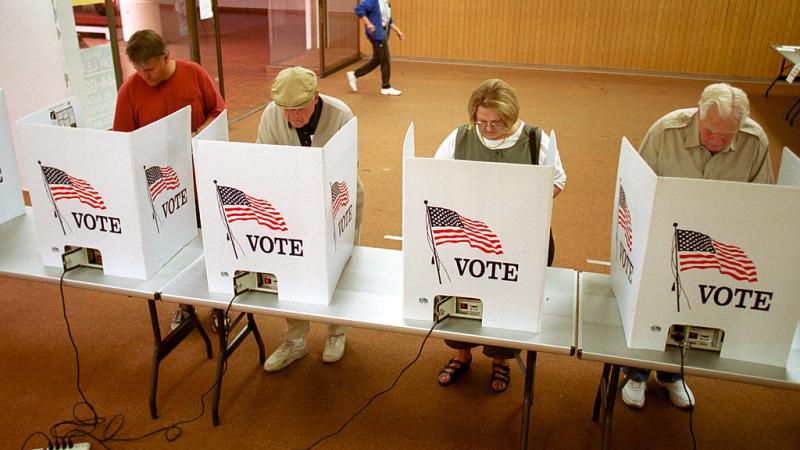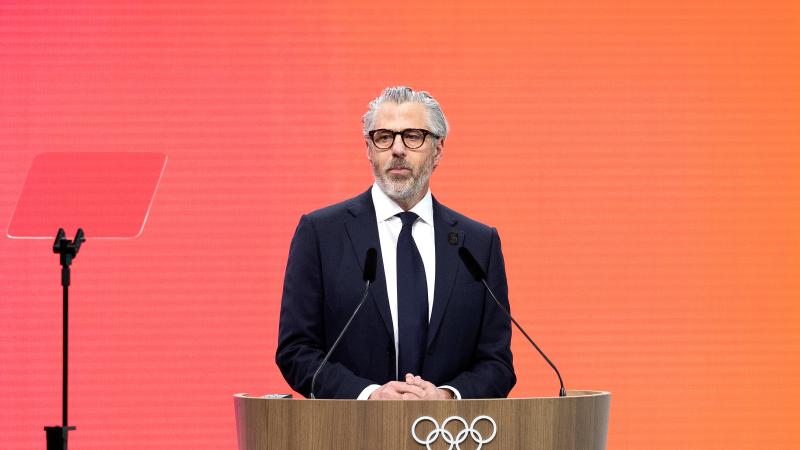Second Lady Vance launches reading initiative to combat abysmal literacy rates
Literacy rates have plummeted over the last half-century, with 34% of U.S. fourth-grade students below basic reading levels in 2022. 31% were below what’s considered “proficient.”
On June 1, Second Lady Usha Vance launched her literacy initiative called the Summer Reading Challenge, which seeks to improve childhood literacy among students in kindergarten through 8th grade, the ages which are the most vital to literacy education and improvement.
The National Assessment of Educational Progress (NAEP) reported a decline in reading proficiency, with 2023 scores for 13-year-olds dropping 4 points compared to 2020, and 9-year-olds scoring 5 points lower than in 2020.
Only 43% of U.S. fourth graders scored at or above proficient in reading, with stark disparities by race: 17% of Black students and 21% of Latino students reached proficiency compared to higher rates for White and Asian students.
The new program challenges children to read 12 books of their choice between June 1 and September 5, 2025. They are instructed to track their progress using a reading log provided by the White House and participants must list book titles, authors, completion dates, and provide a brief reflection or drawing about their favorite book. Upon completion, children will receive a personalized certificate and a small prize, and are then entered into a drawing for a chaperoned trip to Washington, D.C.
The literacy legacy
Numerous literacy-related programs have been instituted by the White House throughout the nation's history. Former First Lady Abigail Fillmore, First Lady of the United States from 1850 to 1853, did not establish a formal "literacy program" in the modern sense, but her most significant contribution to literacy was the creation of the first White House Library. A teacher since age 16, her initiative reflected her lifelong passion for education and reading, stemming from her belief in equal access to education for women.
Former First Lady Eleanor Roosevelt championed literacy through New Deal initiatives like the Works Progress Administration (WPA) library programs and bookmobiles, providing access to books for underserved communities, particularly during the Great Depression.
As an avid reader and writer, Roosevelt used her “My Day” column and White House literary and poetry events to promote intellectual engagement and the value of reading. Her efforts, though not a single formal program, advanced literacy as a tool for empowerment, especially for poor, rural communities, and groups like African Americans and women.
Perhaps the most famous FLOTUS literacy initiative was former First Lady Barbara Bush's Foundation for Family Literacy, which to date has provided more than $110 million to create or expand family literacy programs throughout the country. Furthering the Bush family's legacy, former First Lady Laura Bush initiated the National Book Festival in 2001, which still attracts more than 120,000 attendees each year.
While not associated with the White House, Pizza Hut's "BOOK IT!" program was created in 1984 by Arthur Gunther, then-president of Pizza Hut, in response to President Ronald Reagan’s call for businesses to support education. Inspired by his son Michael’s struggles with reading due to eye problems, Gunther collaborated with educators in Wichita, Kansas, to develop the program, which rewarded children with free Personal Pan Pizzas for meeting reading goals.
Vance's program also aims to promote mental health benefits like stress reduction through reading, as supported by Baylor College of Medicine research. The challenge is designed to be accessible nationwide, with schools and libraries expected to support its rollout.















